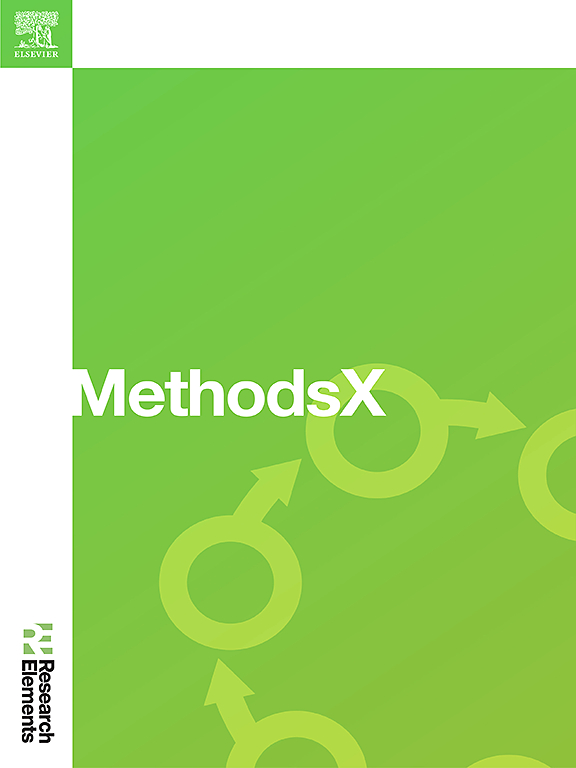使用基于信任的访问控制实现云资源优化:一种增强性能的新型ML策略
IF 1.9
Q2 MULTIDISCIPLINARY SCIENCES
引用次数: 0
摘要
云计算的不断兴起,增加了对更智能、快速和安全的资源管理的需求。本文提出了一种将AdaBoost的自适应能力与PCA的降维效果相结合的新方法——adapca。目标是什么?增强基于信任的访问控制和资源分配决策,同时保持最小的计算负担。高维信任数据经常阻碍系统;然而,AdaPCA通过识别基本方面并同时提高学习效率来缓解这一问题。为了评估其性能,我们进行了一系列模拟,将其与决策树、随机森林和梯度增强等现有方法进行了比较。我们评估了执行时间、资源使用、延迟和信任准确性。结果表明,AdaPCA的信任评分预测准确率为99.8%,资源利用效率为95%,分配时间缩短至140 ms,在所有评估参数上都优于基准模型。在被评价的模型中,AdaPCA模型在整体决策速度、资源利用率优化、时延降低、信任评估准确率最高等方面表现出较好的综合性能。AdaPCA不仅仅是另一种模式;它代表了面向未来设计的更智能、更安全的云系统的重大进步。•引入AdaPCA,这是一种新颖的混合方法,将AdaBoost与PCA集成在一起,以优化云资源分配并改进基于信任的访问控制。•优于传统技术,如决策树,随机森林,梯度提升,获得卓越的信任准确性,加快执行,提高资源利用率,并减少延迟。•提出了一种智能、可扩展和可适应的架构,用于安全高效地管理云资源,并通过广泛的模拟实验得到证实。本文章由计算机程序翻译,如有差异,请以英文原文为准。

Achieving cloud resource optimization with trust-based access control: A novel ML strategy for enhanced performance
Cloud computing continues to rise, increasing the demand for more intelligent, rapid, and secure resource management. This paper presents AdaPCA—a novel method that integrates the adaptive capabilities of AdaBoost with the dimensionality-reduction efficacy of PCA. What is the objective? Enhance trust-based access control and resource allocation decisions while maintaining a minimal computational burden. High-dimensional trust data frequently hampers systems; however, AdaPCA mitigates this issue by identifying essential aspects and enhancing learning efficacy concurrently. To evaluate its performance, we conducted a series of simulations comparing it with established methods such as Decision Trees, Random Forests, and Gradient Boosting. We assessed execution time, resource use, latency, and trust accuracy. Results show that AdaPCA achieved a trust score prediction accuracy of 99.8 %, a resource utilization efficiency of 95 %, and reduced allocation time to 140 ms, outperforming the benchmark models across all evaluated parameters. AdaPCA had superior performance overall—expedited decision-making, optimized resource utilization, reduced latency, and the highest accuracy in trust evaluation among the evaluated models. AdaPCA is not merely another model; it represents a significant advancement towards more intelligent and safe cloud systems designed for the future.
- •Introduces AdaPCA, a novel hybrid approach that integrates AdaBoost with PCA to optimize cloud resource allocation and improve trust-based access control.
- •Outperforms conventional techniques such as Decision Tree, Random Forest, and Gradient Boosting by attaining superior trust accuracy, expedited execution, enhanced resource utilization, and reduced latency.
- •Presents an intelligent, scalable, and adaptable architecture for secure and efficient management of cloud resources, substantiated by extensive simulation experiments.
求助全文
通过发布文献求助,成功后即可免费获取论文全文。
去求助
来源期刊

MethodsX
Health Professions-Medical Laboratory Technology
CiteScore
3.60
自引率
5.30%
发文量
314
审稿时长
7 weeks
期刊介绍:
 求助内容:
求助内容: 应助结果提醒方式:
应助结果提醒方式:


